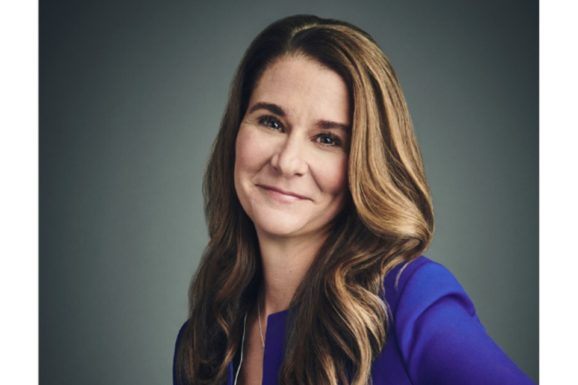In recent weeks, we have seen an increased number of public pleas from cross-sector leaders advocating for governments, businesses and nonprofits to ensure that this pandemic, among other things, does not erase the progress the world has made on gender equality.
From UN Secretary General António Guterres urging governments to put women and girls at the center of their recovery efforts, to Twitter’s CEO pledging $1 billion to fund global COVID-19 relief with a special focus on girls’ health and education, to Facebook’s Sheryl Sandberg asking employers to implement policies that better protect women.
Why women? Data shows that while COVID-19 hospitalizes more men than women, women are disproportionately affected by the long-term effects of this pandemic.
Women represent the majority of frontline health professionals (70%) and essential workers (62%), risking their health and safety, as well as those of their families. Women are also predominantly bearing the burden of childcare responsibilities, especially as schools and childcare facilities have closed in response to the pandemic. As a result of these factors and other preexisting inequalities, it is expected that women will feel the compounded economic impact of the pandemic for years to come.
In her recent op-ed, Melinda Gates, co-chair of the Bill & Melinda Gates Foundation and founder of Pivotal Ventures, added her voice to this issue and outlined steps that governments, business leaders and investors must take to protect women and ensure a fast and inclusive recovery: by making caregiving a priority.
Melinda argues that in order to safely reopen the country, “healthy people need to be able to go to work and sick people need to be able to stay at home,” which requires scaling up caregiving solutions to ensure families have access to safe, adequate and affordable care. In addition to urging Congress to enact national paid family and medical leave policy, Gates zeroes in on the role that employers have to play in creating better and more equitable working situations.
In order to remain competitive, diverse and successful in the long run, business leaders will have to increase flexibility to support workers with caregiving responsibilities – the majority of which are women. This includes exploring options of scaling up remote-working capabilities, offering modified schedules and on-site childcare, and providing subsidies for childcare and elderly care, among other things.
With growing concern that gender-based inequalities will only increase as a result of this pandemic, it is as important as ever for all sectors to double down on supporting and protecting women workers. And if the private sector can finally place women at the center of their recovery efforts – both during and after this crisis – it will ensure that our society and the global economy reaps the benefits for decades to come.
